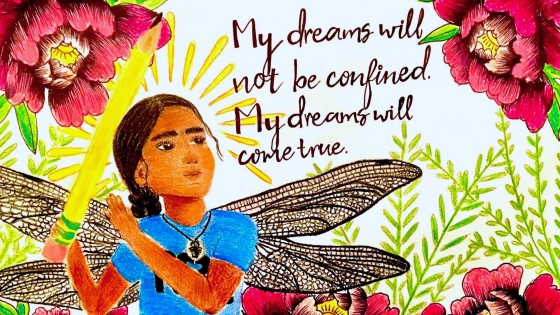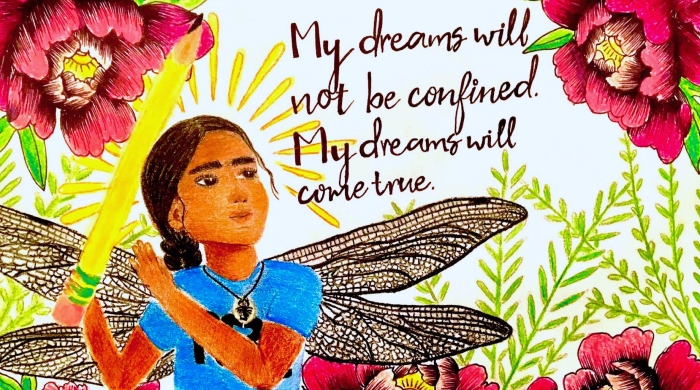The Power of Engaging Students in Co-Created Social Justice Projects
By Steven Goodman
Abstract
In this commentary on urban education, I argue that the expanded and accelerated student learning recovery programs designed to make up for racial disparities in pandemic-related learning loss create an important opportunity for educators and students to co-create engaging programs that practice a culturally responsive and sustaining pedagogy. Drawing from 40 years of experience working in New York City with over-age and under-credited students, multilingual immigrant and refugee students, and middle school students living in temporary housing, I propose a pedagogical approach that teaches to students’ strengths and connects their learning to their lives, rather than enmeshing them in remedial instruction to try to make up for lost time. I use three student social justice documentary projects to illustrate the kind of student-centered teaching strategies, education theories, and transformative experiences students can have in post-pandemic afterschool, weekend, and summer programs. This approach is driven by a culturally responsive and sustaining education curriculum that (1) connects students’ learning to their lives, challenges them to critically research the inequities they face in their schools and communities, and enables them to formulate actions to address them; (2) fosters a caring, inclusive learning environment with close student-teacher relationships that attend to students’ social-emotional needs and tap into the wealth of their family and community resources; and (3) facilitates rigorous project-based learning, wherein students collaboratively create new knowledge and make their stories, music, and voices heard by their community.
Keywords: culturally responsive and sustaining education, strengths-based teaching, cultural wealth, youth participatory action research, project-based learning


